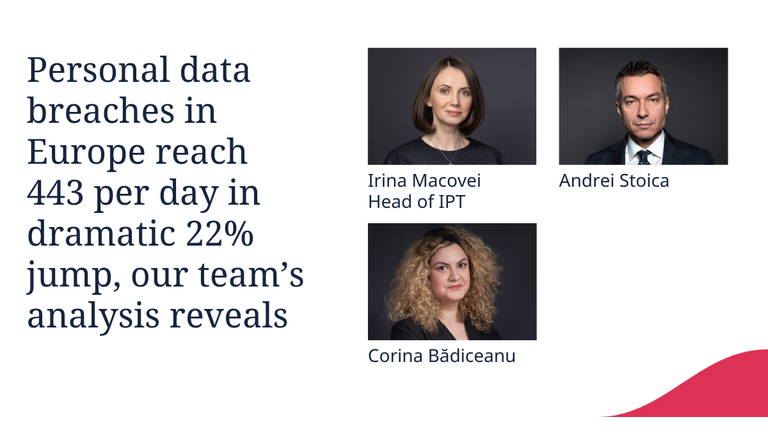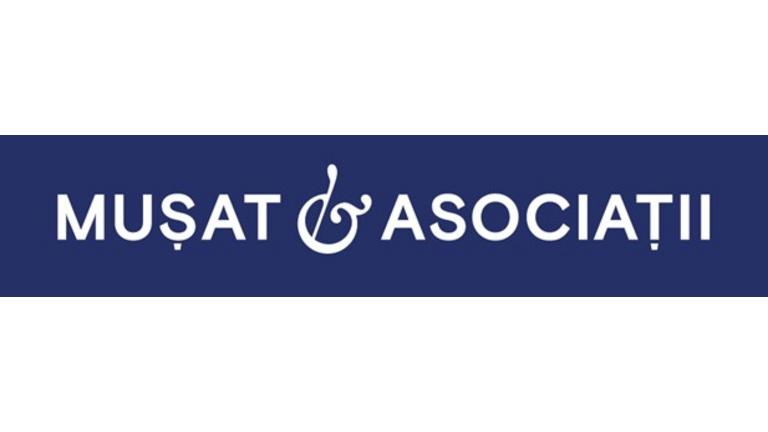Membres
Romania prepares to transpose the EU Pay Transparency Directive: lessons from Europe

New analysis highlights how Belgium, Finland, Sweden and others are setting the tone for closing the gender pay gap - and what Romania can learn.
Romania is expected to publish a draft law to transpose the EU Pay Transparency Directive (Directive (EU) 2023/970) in the coming period, with a deadline of 7 June 2026. A new comparative analysis of seven EU member states - Belgium, Finland, Ireland, Sweden, the Netherlands, Lithuania and Poland - reveals how early adopters are embedding pay transparency into national legislation and offers insights into what Romania’s approach may look like.
The Directive, adopted in May 2023, is a landmark EU initiative designed to close the gender pay gap by ensuring equal pay for equal work, introducing mandatory reporting, and empowering employees to access pay data.
“Romania now has the opportunity to demonstrate that pay equality is a core principle of remuneration systems, and that pay transparency is a natural pillar reflecting the country’s economic and social realities - thereby setting a powerful example in the region”, said Florina Andra Ilie, Senior Manager, HR & ESG Advisory, Forvis Mazars in Romania. “By learning from how other Member States have transposed the Directive, Romania can avoid common pitfalls, ensure genuine transparency at all levels, and create lasting value for both employees and employers”.
Key findings from across Europe
- Pay transparency in recruitment - Belgium and Lithuania require salary ranges directly in job ads, while Finland, Ireland, Poland, Sweden and the Netherlands allow disclosure later in the process. Notably, Poland has set an earlier implementation deadline for pay transparency in recruitment provisions - 24 December 2025, 6 months ahead of the general EU transposition deadline of June 2026.
- Salary history ban - All seven countries have prohibited employers from asking about candidates’ past salaries, ensuring historic inequalities do not shape future pay.
- Equal value assessments - Belgium, Finland, Lithuania, the Netherlands and Sweden require employers to use clear criteria (skills, effort, responsibility, conditions) when setting pay. Sweden goes further by integrating these into annual pay equity audits.
- Pay transparency with privacy safeguards - Employers must share pay data securely, anonymise or aggregate comparisons, and limit disclosures. Finland, Ireland and Sweden explicitly embed GDPR protections in pay disclosures and audits, while Lithuania and Belgium ensure compliance through general GDPR principles or employee oversight.
- Right to information - Belgium, Finland, Lithuania, the Netherlands and Sweden embed this right in draft laws, usually requiring responses within two months and annual reminders. Finland and Sweden include strong privacy safeguards, with Sweden also extending the right to former employees.
- Reporting obligations - Finland, Sweden and the Netherlands follow the directive closely with phased gender pay gap reporting by company size. Lithuania introduces a corrective mechanism, requiring employers to address unjustified gaps over 5% within six months or face mandatory joint pay assessments.
- Sanctions - Enforcement varies: Finland imposes fines of up to €80,000, the Netherlands can levy penalties exceeding €10,000 and Poland fines employers who fail to include salary information in job ads.
What this means for Romania
While Romania has not yet published its draft law, the government is expected to draw on a mix of EU obligations and domestic priorities. Observing other countries’ models gives Romania practical insights to design a balanced framework - one that strengthens employee trust, supports businesses with clear compliance guidance, and enhances the country’s reputation for fair and transparent labour practices.
“Pay transparency should not be seen as a regulatory burden, but as an opportunity for Romanian companies to lead by example”, added Florina Andra Ilie. “Fair and transparent pay practices improve retention, build trust, and create competitive advantage with both employees and investors”.
Next steps
Romanian employers are encouraged to begin preparing early - reviewing pay structures, auditing recruitment practices, and aligning all related processes - to stay ahead of compliance requirements once the national law is published.
A full comparative analysis of seven EU countries is available here.
About Forvis Mazars in Romania
In Romania, Forvis Mazars has 30 years of experience in audit, tax, financial advisory, outsourcing, consulting, and sustainability. We empower over 370 people to deliver our promise to clients with confidence.
Visit forvismazars.com/roto learn more.


